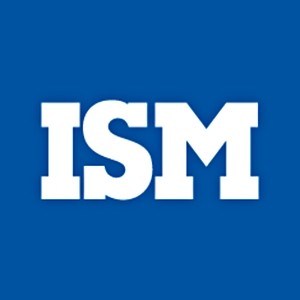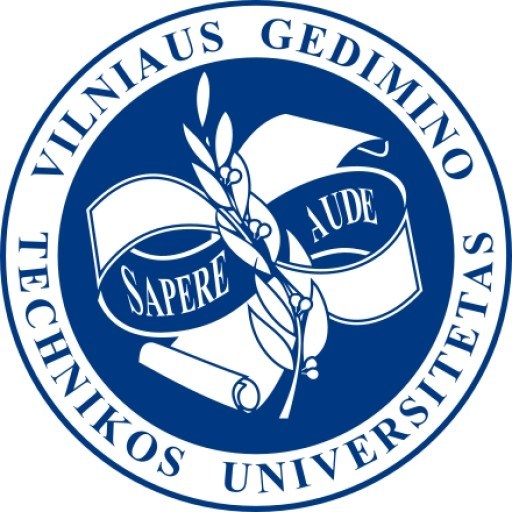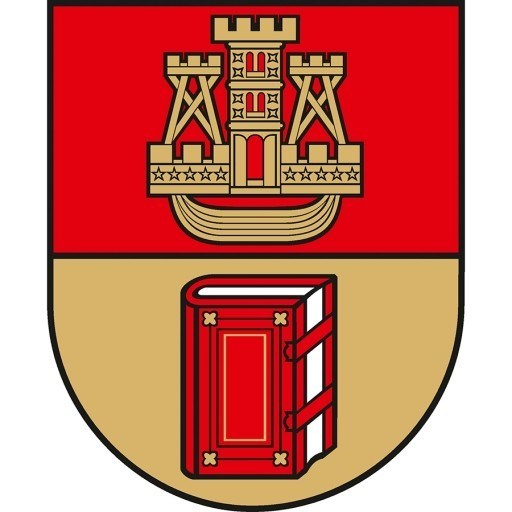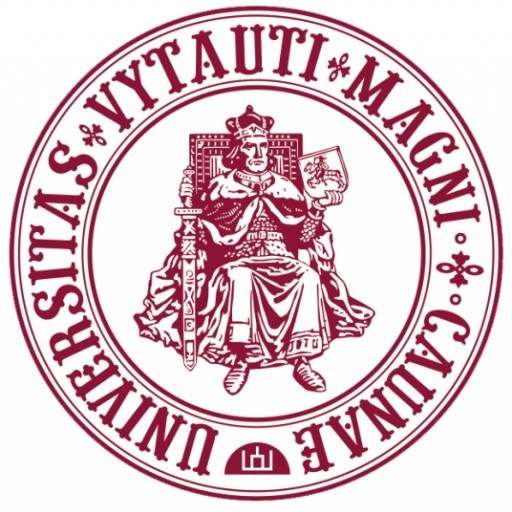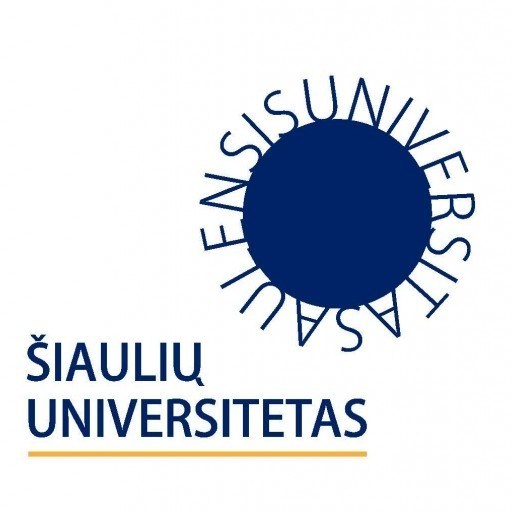Photos of university / #ismuniversity
Economics and Politics is a specialisation of the Economics programme, students, graduating from it receive a Bachelor degree in Economics with a specialization. The interdisciplinary programme dictated by the today’s societal processes. It is taught in the English language and it is also one of the most popular study programmes in the best universities of Great Britain, Ireland and USA. Studying economics combined with politics does have a point, as economics and creation of business-friendly environment are closely related with politics, and many of political decisions rely on economic thinking and economic arguments.
The Economics and Politics Programme looks into the logic and outcomes of decision-making by economic and political actors. Being very closely interrelated, these two areas often influence each other; therefore, to forecast the impact of a political decision on economics, one has to understand both areas very well.
The Economics and Politics Programme relies heavily on game theory and quantitative and qualitative data analysis methods, which enable consistent and efficient examination of economic and political crossing points. The ability to use these tools gives an advantage to those who pursue further studies in the best universities of the world or who choose to work in a non-academic sector.
Distinctiveness of the Programme:
A unique study programme in Lithuania as it combines economics and politics;
Specialisation in any of the following three fields: international economics, public administration, or politics and state governance;
Analysis of global and national political and economic specifics.
Career prospects:
Experience of other countries shows that upon completion of a similar programme students successfully pursue career in the banking sector, international companies, business consulting firms, public and the European Union’s institutions;
Many prominent politicians and businessmen have completed an economics and politics programme, such as David Cameron, current British Prime Minister, Ian Davis, Managing Director of the US leading consulting firm McKinsey & Co. and many others.
|
Main courses |
Elective courses |
|
|
Autumn semester |
Spring semester |
|
|
- Macroeconomics - Introduction to Politics - English for Economics and Politics I - Quantitative Decision Making - Statistical Data Analysis - Econometrics - EU Economics - EU Politics - Welfare Economics - History of Political Ideas - International Relations
|
- Bachelor thesis - Internship - Academic Writing and Presentations Skills - English for Economics and Politics II - History of Economic Theories - Introduction to Finance - Comparative Politics - Public Finance - Political Economy - Social Research Methods
|
Group A - Norwegian Language I, II, III - Contexts of Politics - Management Theories - Creative Inteligence and Innovation - Ideas, Creativity and Entrepreneurship
Group B - Personal Finance - Economic Forecasting - Normative Economics - StrategicManagement - Communist Legacies and Politics in Eastern Europe - Comparative Data Analysis: Qualitative and Quantitative Methods - Organizational Leadership - Doing Business in BRIC Markets
|
REQUIREMENTS FOR APPLICANTS:
■ secondary school diploma.
■ TOeFl (IBT minimum score 60) or IelTs academic
(minimum score 5.5) test certificate. If none of these tests
has been taken, a test will be organized at IsM.
■ Final secondary school exams (or grades, if there are no
exams in the country of residence):
- Mathematics
- History
- One of the following subjects: Geography / Biology /
Information technology / second foreign language
annual grade - english language.
■ Filled form
Want to improve your English level for admission?
Prepare for the program requirements with English Online by the British Council.
- ✔️ Flexible study schedule
- ✔️ Experienced teachers
- ✔️ Certificate upon completion
📘 Recommended for students with an IELTS level of 6.0 or below.
International applicants are eligible for the scholarships to cover a part or the whole IsM Bachelor studies’ tuition fee (100%, 50% or 30%).
